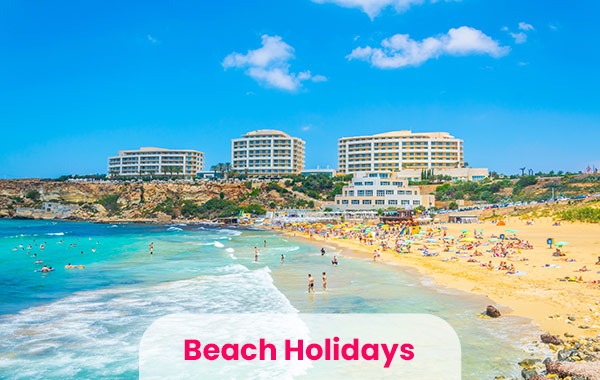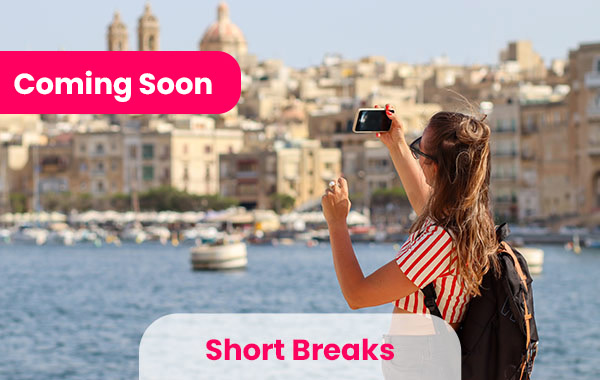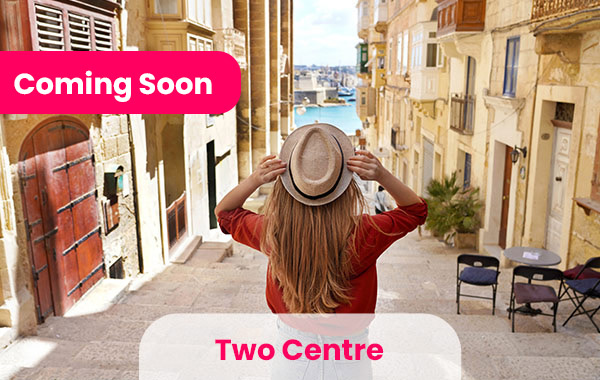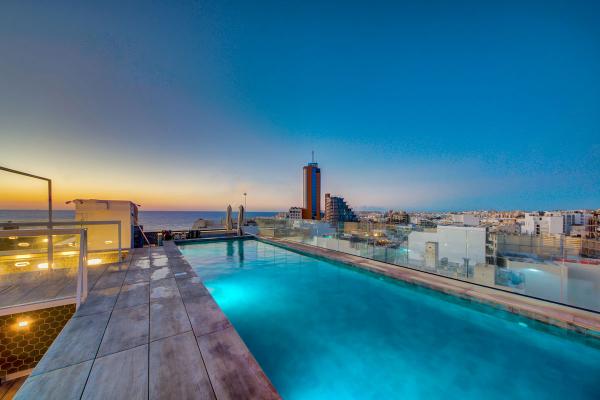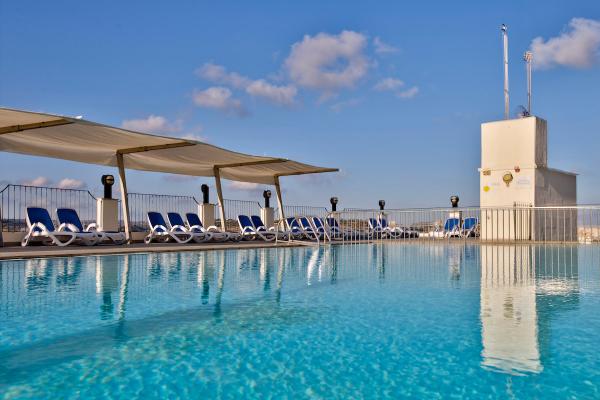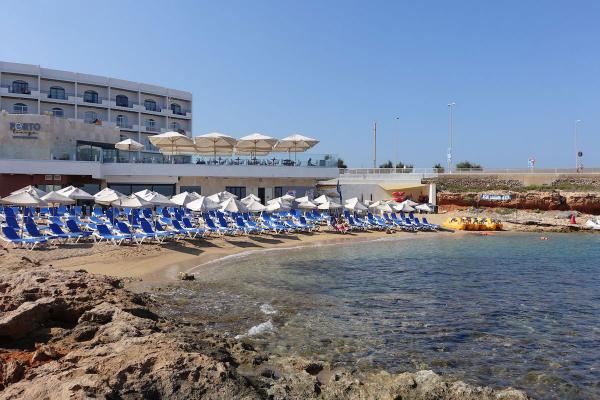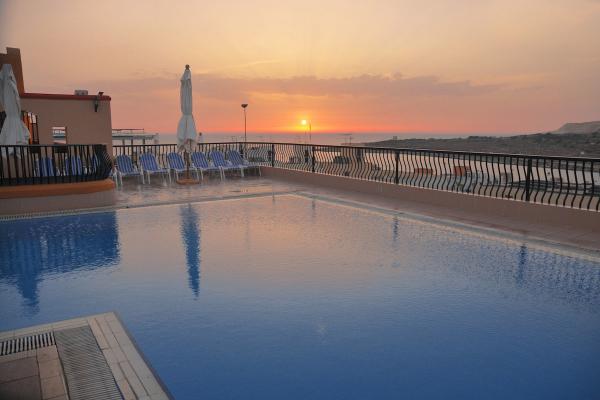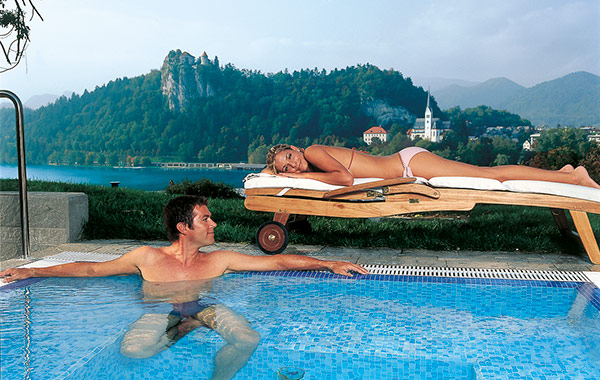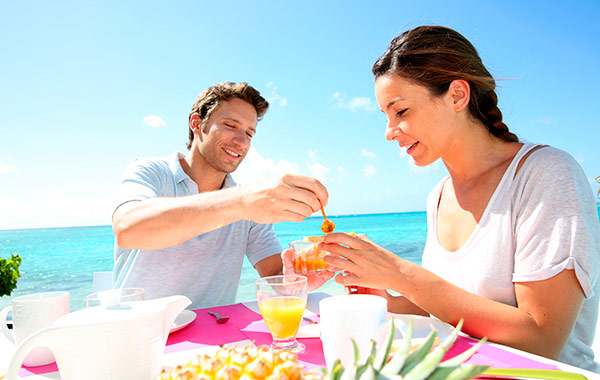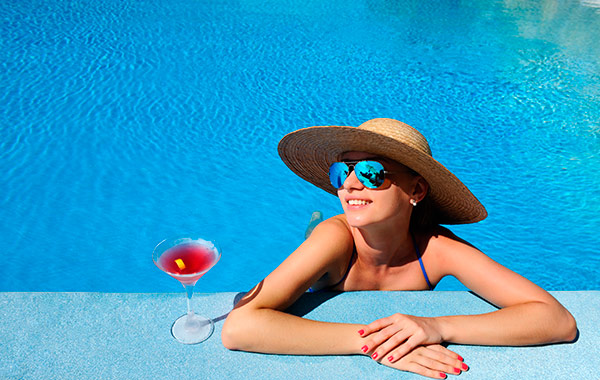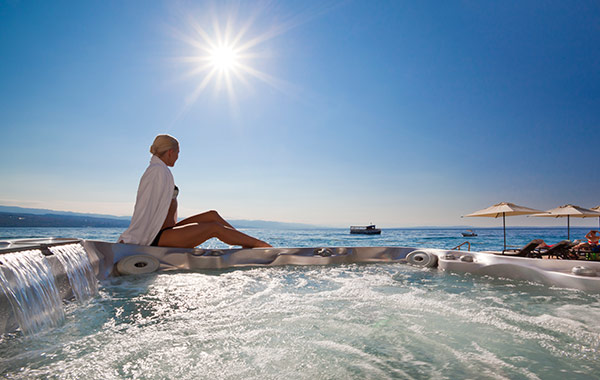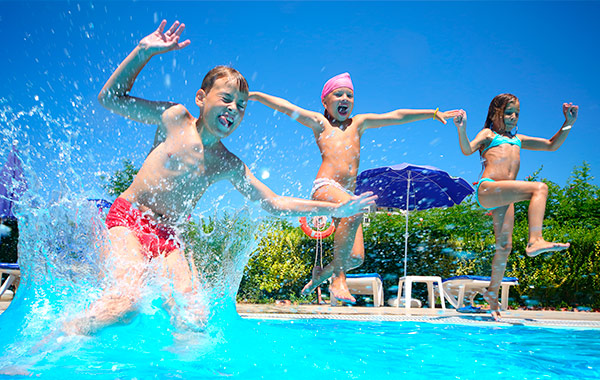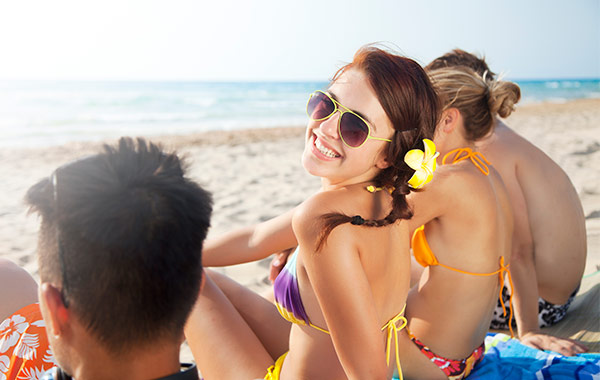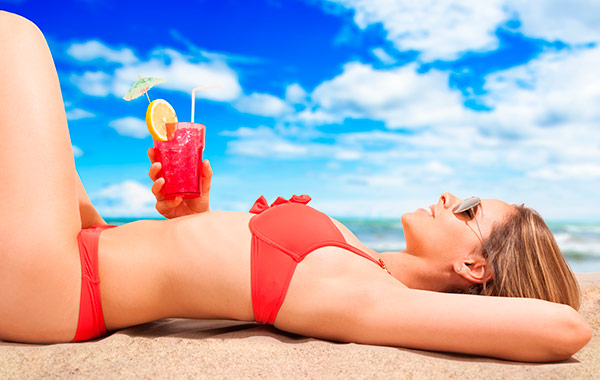- HOLIDAY TYPES
- DESTINATIONS
- BULGARIA
- Bourgas Area
- Sunny Beach
- Nessebar
- Sozopol
- Duni
- Pomorie
- St Vlas
- Obzor
- Varna Area
- Golden Sands
- Albena
- St Constantine and Helena
- Bulgaria Mountains
- Bansko
- Borovets
- Pamporovo
- EXTRAS
Malta Holidays
Welcome to Malta. Set in the heart of the Mediterranean Sea, this small but captivating Island offers a world of wonders waiting to be discovered. With its rich history, awe-inspiring architecture, crystal-clear waters and warm Mediterranean climate, Malta has become a cherished holiday destination.
A World of Holidays to Choose From
Our collection of great value for money Summer Holidays in Malta
Popular Summer Holiday Resorts in Malta
Travel Guide
For a little Island Malta offers so much in terms of a holiday wish list, wonderful weather, beautiful beaches, crystal clear lagoons and a rich history make Malta the perfect choice for a holiday anytime of the year.Valetta, its capital, is a real gem. A charming city, a UNESCO World Heritage Site, with history dating back thousands of years. Its ancient walls, stunning architecture and beautiful water front make Valetta a must visit.All in all Malta is a great holiday choice for singles, couples and families, with a choice of resorts and sight seeing opportunities across the island.
History
Malta's history begins some 6500 years ago when the people of Sicily decided they liked the look of the island (who wouldn't?!) and decided to made their homes in caves that are still there to this day.In 218 BC Malta became part of the Roman Empire and their influence is still evident today. In approximately 870 AD the Aghlabids took control after a long siege. There then followed a period when Malta was sparsely populated until Arabs re settled there in the 11th Century. Then in 1091 Sicily invaded Malta and took over the island and it became part of the Kingdom of Sicily and Christianity was established.
Fast forward to 1530 and Malta was given to the Order of St John. In 1565 the Ottoman Empire tried to take control of the island and the great siege of Malta took place. They didn't succeed and the invasion was repelled, one of many occasions when the people of Malta have shown great bravery and fortitude against aggressors. There then followed years of peace and the flourishing of the arts and architecture. Then the French invaded in 1798 and so began the French occupation of Malta.However, again the Maltese people showed great bravery and rebelled against their occupier and expelled the French in 1800. It then became a British protectorate and a British colony in 1813 with the island becoming an important naval base for the British. In 1921 Malta became self governing.
Possibly Malta's finest hour came during the Second World War when it came under heavy bombardment, but the people of Malta along with the British troops stationed there withstood the assault and Malta was awarded the George Cross, which is still shown on Malta's flag today.
In 1964 it gained Malta independence from Britain and in 1974 Malta became a Republic. In 2004 it joined the European Union.To find out more about the history of Malta there are many museums to visit on the islands. The Gozo Museum of Archaeology is in Victoria, Gozo. The National Museum of Archaeology and the National War Museum are in Valletta.
Culture
The culture of Malta is a real mix of all the different peoples who have had an influence on this island during its rich history. It is mainly Southern Europe but there is no doubt that 160 years of British rule left its mark, especially when you see the red telephone boxes dotted around and everyone driving on the left!
It is true to say that with so many invasions, rulers and sieges the people of Malta have always wanted to keep their own identity and being an island in the middle of the Mediterranean means maritime trade has helped to shape these customs into what we know today as the local culture.
Language
The official language of Malta is Maltese, but English is widely spoken and understood.
Weather
Malta enjoys a pleasant Mediterranean climate with long hot and dry summer with averages temperatures around 30 degrees.
Geography
Malta is an archipelago and is mostly rocky and flat with terraced fields and dry vegetation, perhaps not surprising due to the long hot summers with little rain. Rivers can only be found after the odd occasion when it rains heavily and fresh water can be found in a few places, such as the Lunzjata Valley in Gozo.
There are some trees on the island including olive, citrus and pine trees. Grapes are also grown, mainly on Gozo.
Regions
Malta is divided into 5 regions. They are named as follows; Central Region, Gozo Region, Northern Region, South Easter Region and Southern Region.
Cities
There are a number of cities on Malta, a lot for a small island! They are as follows;
• Valetta; the capital, a UNESCO World Heritage site and a must visit
• Mdina; the silent city, a fortified medieval city in the middle of the island
• Sliema; a coastal town on the north east of the island and a hub for shopping, bars, cafes and restaurants
• St Julian's; located just north of Valetta and the place for nightime entertainment
• Birgu; one of the oldest cities on Malta, situated south of the great harbour
• Mellieha; a picturesque city in the north of the island
• Buggiba; on the northern coast of the island and very popular with tourists
• Qawra; a popular seaside resort located near St Paul's Bay
• Marsaxlokk; one of those colourful picturesque fishing ports, picture postcard stuff
• Victoria; The capital of Gozo
Passports and visas
As a British citizen you do not need a visa to enter Malta.
Money
Malta's currency is the Euro. You can exchange money at the airport, banks, post offices and foreign exchange bureaus. Major credit cards are also accepted.
Weather
Average High Temperature (°C)
20
10
0
0
5
10
15
J
F
M
A
M
J
J
A
S
O
N
D
Average days with sun
Map
Quick Facts
 Capital
CapitalValletta
 Language
LanguageMaltese & English
 Time Zone
Time ZoneGMT +1
 Arrival airports
Arrival airportsMalta International Airport
 Flying Time
Flying Time3hrs - 4hrs
 Beach Resorts
Beach Resorts51
Currency
 Currency
Currency
Euro (EUR)
 Typical cost of
Typical cost of
Lunch Pizza - £6
Local Beer - under £4
Three Course Meal - £25
Resort List
More Holiday Ideas
Why book with us?
Balkan Holidays has 59 years of experience in providing great value summer and
winter holidays
and since 1966 we have sold millions of holidays.
From Your
Local Airport
Local Airport
Trust
the Specialist
the Specialist
Free
Child Places
Child Places
Fully Protected
Holidays
Holidays
No Hidden
Fees
Fees
Loyalty
Discount
Discount
